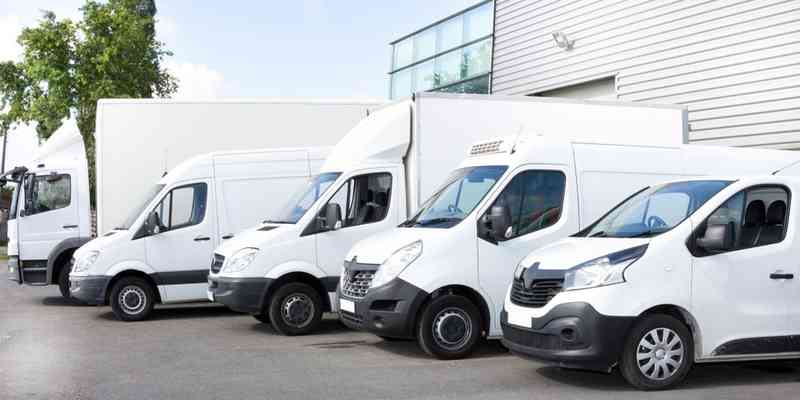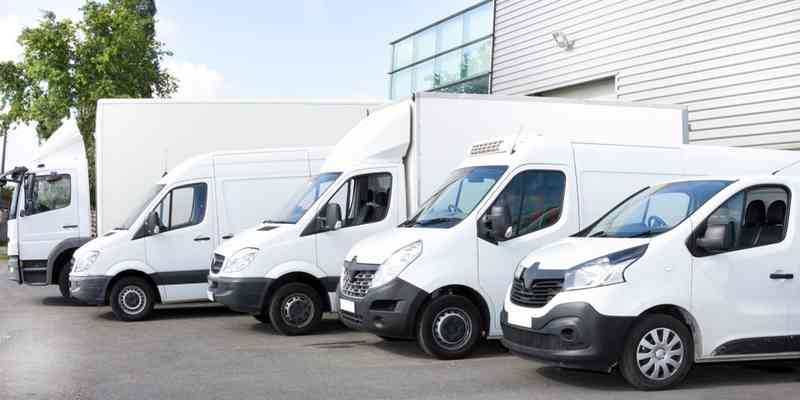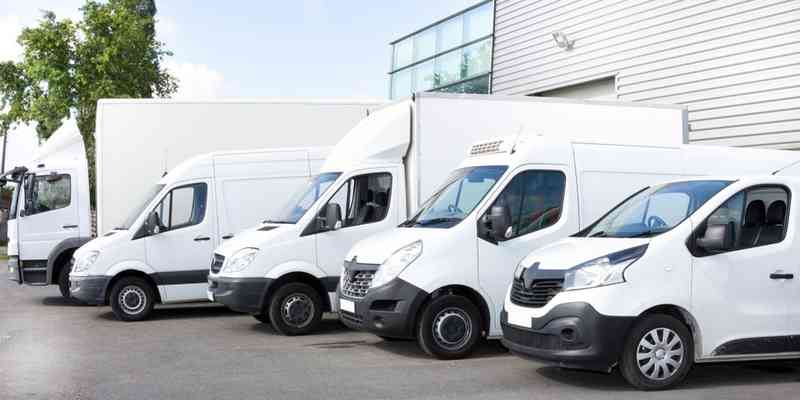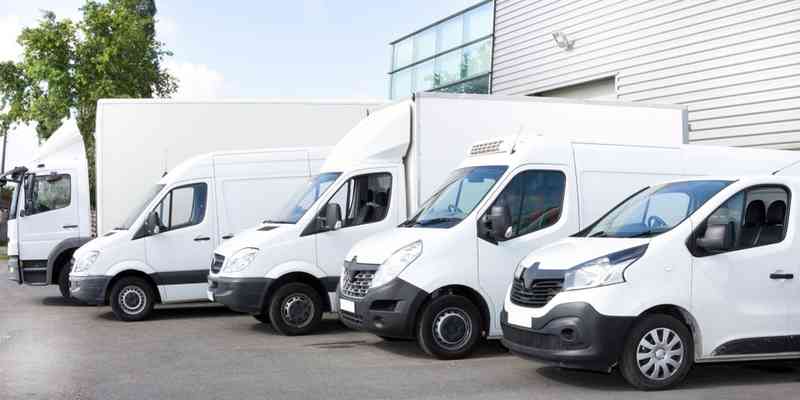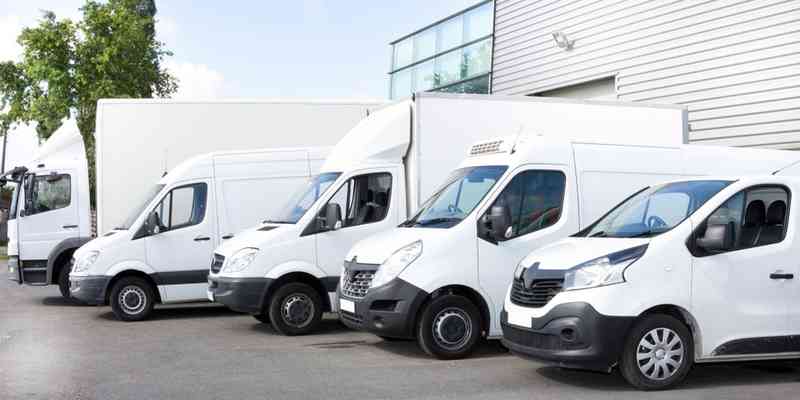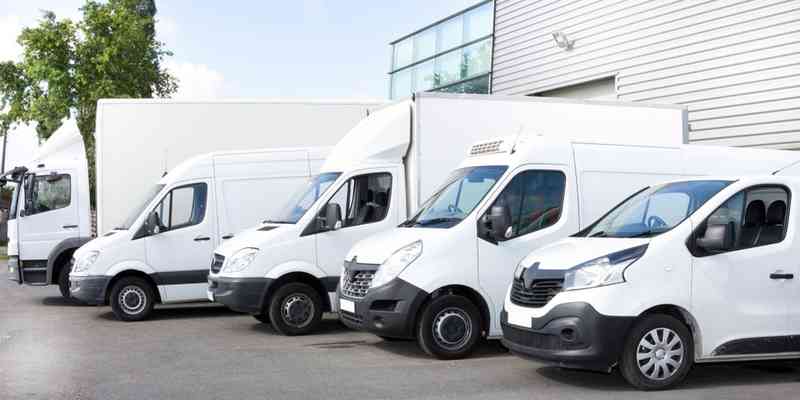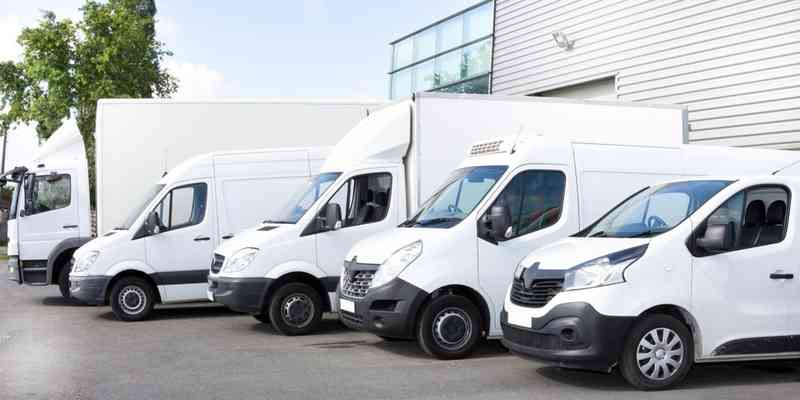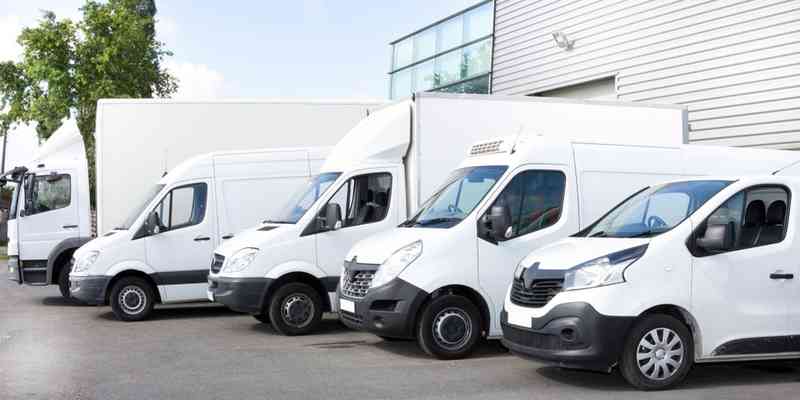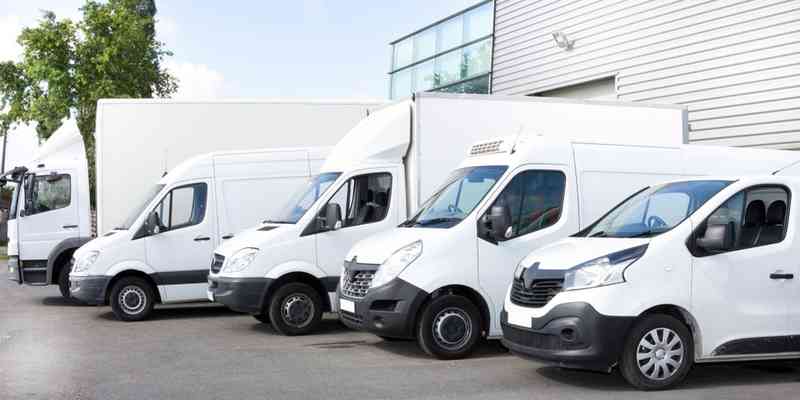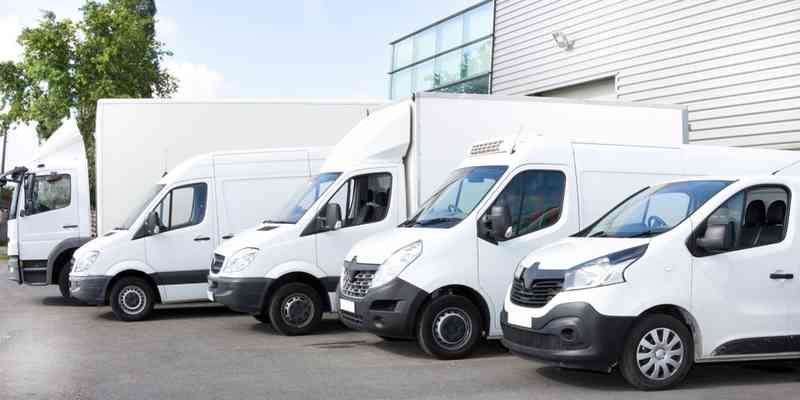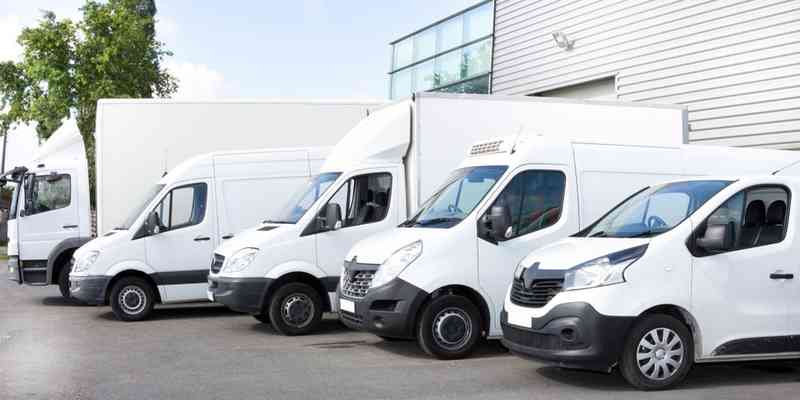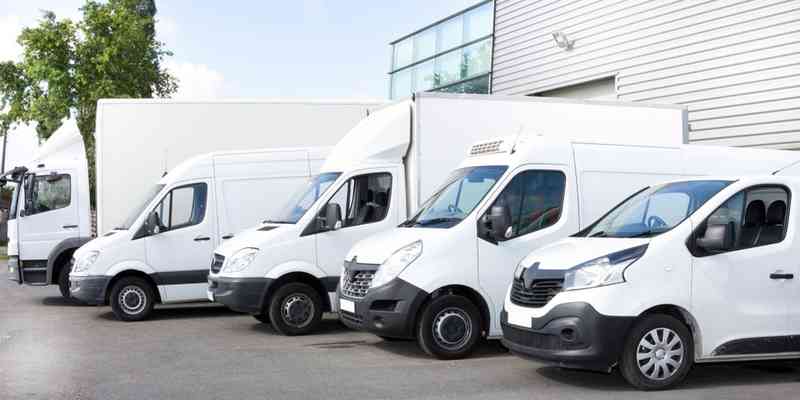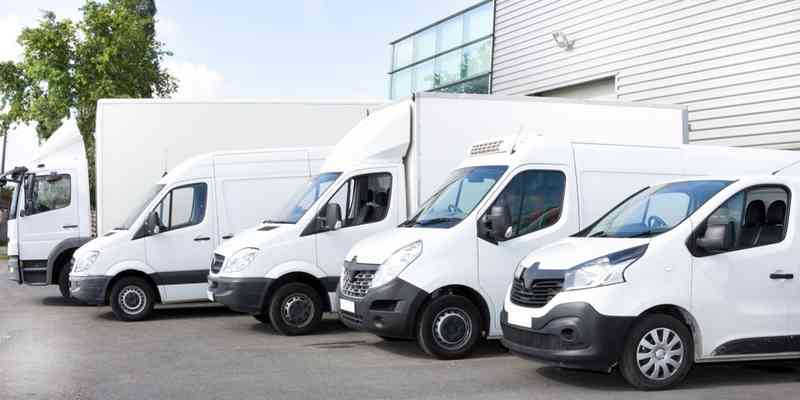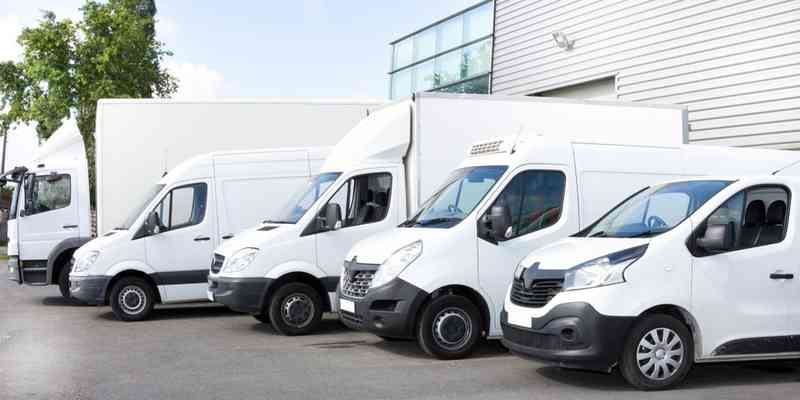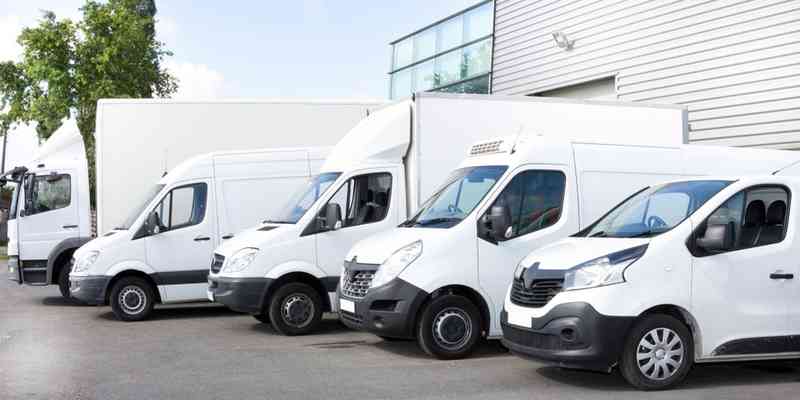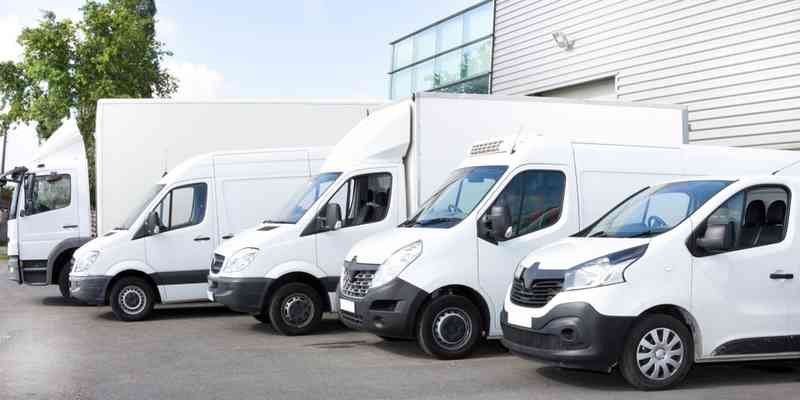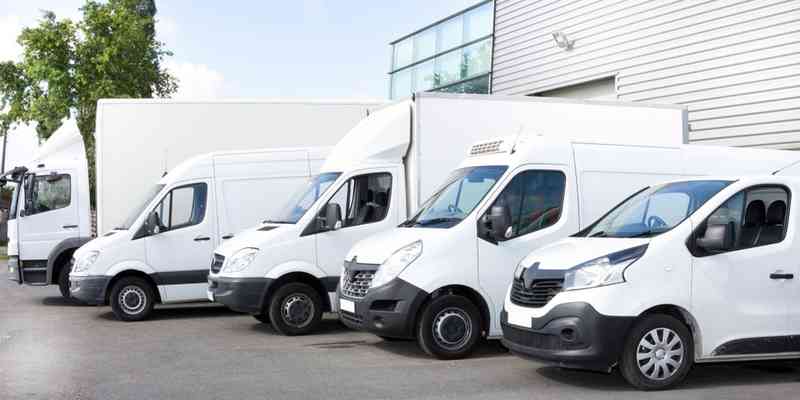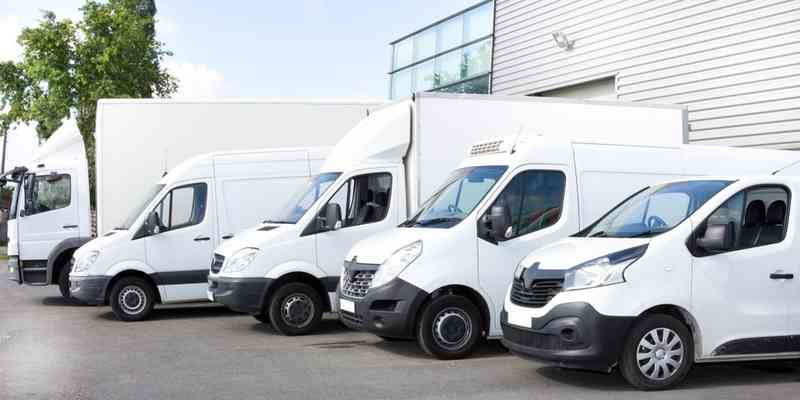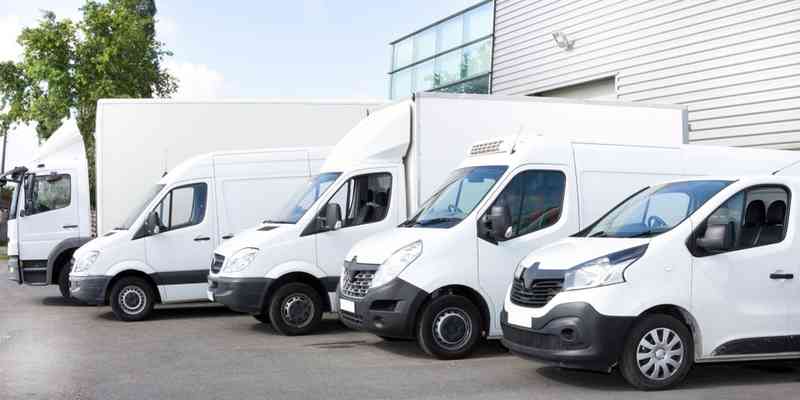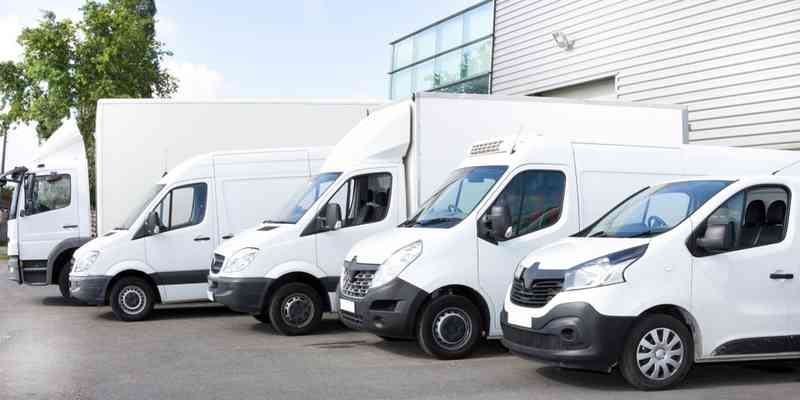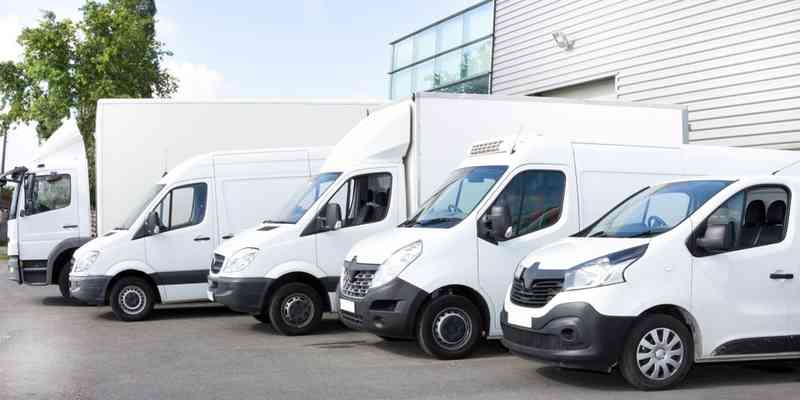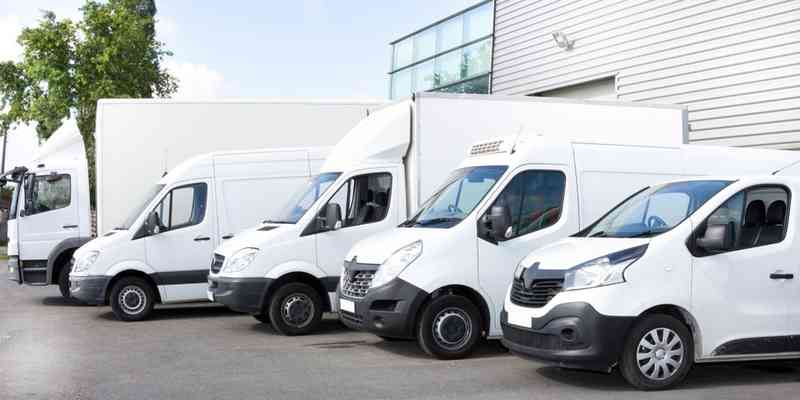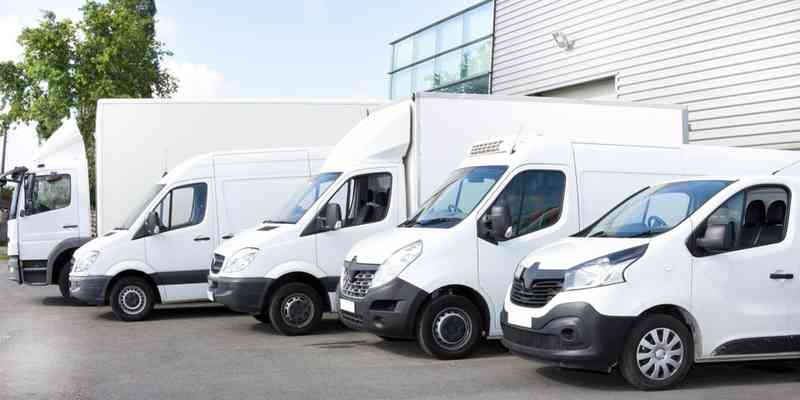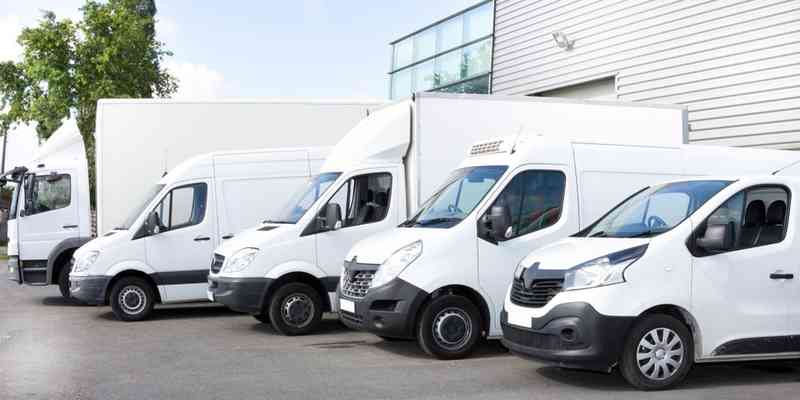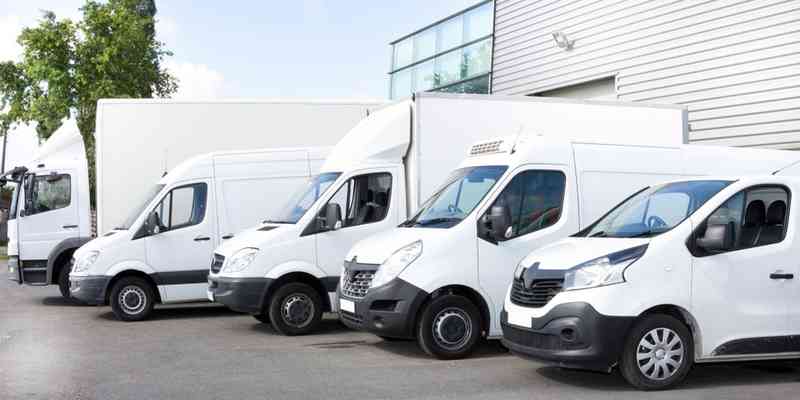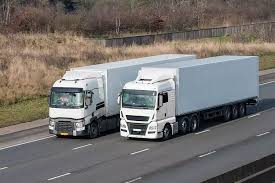Temporary Commercial Vehicle Insurance: Short-Term Coverage
When your business needs commercial vehicle coverage for a limited period, temporary commercial vehicle insurance provides the flexible solution you're looking for. Whether you're hiring additional vehicles for a busy season, covering borrowed equipment, or managing short-term projects, understanding your short-term insurance options is crucial for maintaining proper protection without long-term commitments.
What is Temporary Commercial Vehicle Insurance?
Temporary commercial vehicle insurance is short-term coverage designed for businesses that need commercial vehicle protection for days, weeks, or months rather than a full year. This flexible insurance solution covers vehicles used for business purposes on a temporary basis, providing the same comprehensive protection as annual policies but with the convenience of shorter terms.
When Do You Need Temporary Coverage?
Seasonal Business Operations
Many businesses experience seasonal fluctuations requiring additional vehicles during peak periods. Construction companies often need extra equipment during summer months, while retail businesses may require additional delivery vehicles during holiday seasons.
Hired or Borrowed Vehicles
When your business hires vehicles or borrows equipment from other companies, temporary insurance ensures you're covered for the duration of use. This is particularly important for specialized equipment or vehicles that your regular policy doesn't cover.
Project-Based Work
Short-term projects often require specific vehicles or equipment. Temporary commercial vehicle insurance allows you to secure appropriate coverage for the project duration without extending your annual policy unnecessarily.
Vehicle Replacement
If your regular commercial vehicle is being repaired or serviced, temporary insurance can cover replacement vehicles, ensuring your business operations continue uninterrupted.
Types of Temporary Commercial Vehicle Coverage
Third Party Only
The minimum legal requirement, covering damage to other people's property and injury to third parties. While cost-effective, this basic coverage doesn't protect your own vehicle.
Third Party, Fire and Theft
Extends basic coverage to include protection against fire damage and theft of your vehicle, providing additional security for your business assets.
Comprehensive Coverage
The most complete protection, covering third-party liabilities plus damage to your own vehicle from accidents, vandalism, weather, and other risks. This is often the most practical choice for valuable commercial vehicles.
Key Benefits of Short-Term Coverage
Cost Efficiency
Pay only for the coverage period you need, avoiding unnecessary annual premiums for vehicles used temporarily. This approach can significantly reduce insurance costs for project-based or seasonal operations.
Flexibility
Adjust coverage periods to match your exact business needs, whether that's a few days for a specific job or several months for seasonal operations.
Immediate Protection
Many temporary policies can be arranged quickly, sometimes within hours, ensuring your business doesn't face coverage gaps when time is critical.
Specialized Coverage
Access insurance for specialized vehicles or equipment that might not be covered under standard annual policies, ensuring comprehensive protection for all business operations.
Industries That Benefit Most
Construction and Building
Construction companies frequently need temporary coverage for hired plant equipment, additional vehicles during large projects, or specialized machinery for specific jobs.
Events and Entertainment
Event management companies often require temporary coverage for hired vehicles, equipment transport, and specialized event infrastructure.
Agriculture and Farming
Seasonal agricultural operations may need additional vehicles during harvest periods or temporary coverage for hired equipment during peak farming seasons.
Logistics and Delivery
Delivery companies experiencing seasonal peaks or taking on short-term contracts benefit from flexible vehicle coverage that matches their operational needs.
What to Consider When Choosing Temporary Coverage
Coverage Duration
Determine exactly how long you need coverage to avoid paying for unnecessary time while ensuring adequate protection throughout your project or seasonal period.
Vehicle Value and Usage
Consider the value of vehicles and equipment you're insuring, along with how they'll be used, to determine appropriate coverage levels.
Driver Requirements
Ensure all drivers are properly licensed and meet insurer requirements, as temporary policies often have strict driver criteria.
Geographic Coverage
Confirm your policy covers all areas where vehicles will operate, particularly important for businesses working across different regions.
Common Exclusions and Limitations
Driver Restrictions
Many temporary policies have strict age and experience requirements for drivers, which may be more restrictive than annual policies.
Usage Limitations
Some policies restrict certain types of commercial use or have mileage limitations that could affect your business operations.
Geographic Restrictions
Coverage may be limited to specific geographic areas, which could impact businesses operating across wide regions.
Vehicle Modifications
Modified or specialized vehicles may face coverage restrictions or require additional premiums.
Getting the Right Temporary Coverage
Assess Your Needs
Evaluate exactly what vehicles and equipment need coverage, for how long, and what risks you face during the coverage period.
Compare Options
Different insurers offer varying temporary coverage options, so compare terms, conditions, and pricing to find the best fit for your business.
Professional Advice
Working with experienced commercial insurance brokers ensures you get appropriate coverage that meets your specific business needs and regulatory requirements.
Documentation
Maintain proper documentation of your temporary insurance arrangements, including policy details, coverage periods, and any special conditions.
Conclusion
Temporary commercial vehicle insurance provides essential flexibility for businesses with changing vehicle needs. Whether you're managing seasonal operations, short-term projects, or hired equipment, the right temporary coverage ensures your business maintains proper protection without unnecessary long-term commitments.
Understanding your options and working with knowledgeable insurance professionals helps you secure cost-effective, comprehensive coverage that matches your specific business requirements and operational timeline.


 0330 127 2333
0330 127 2333
